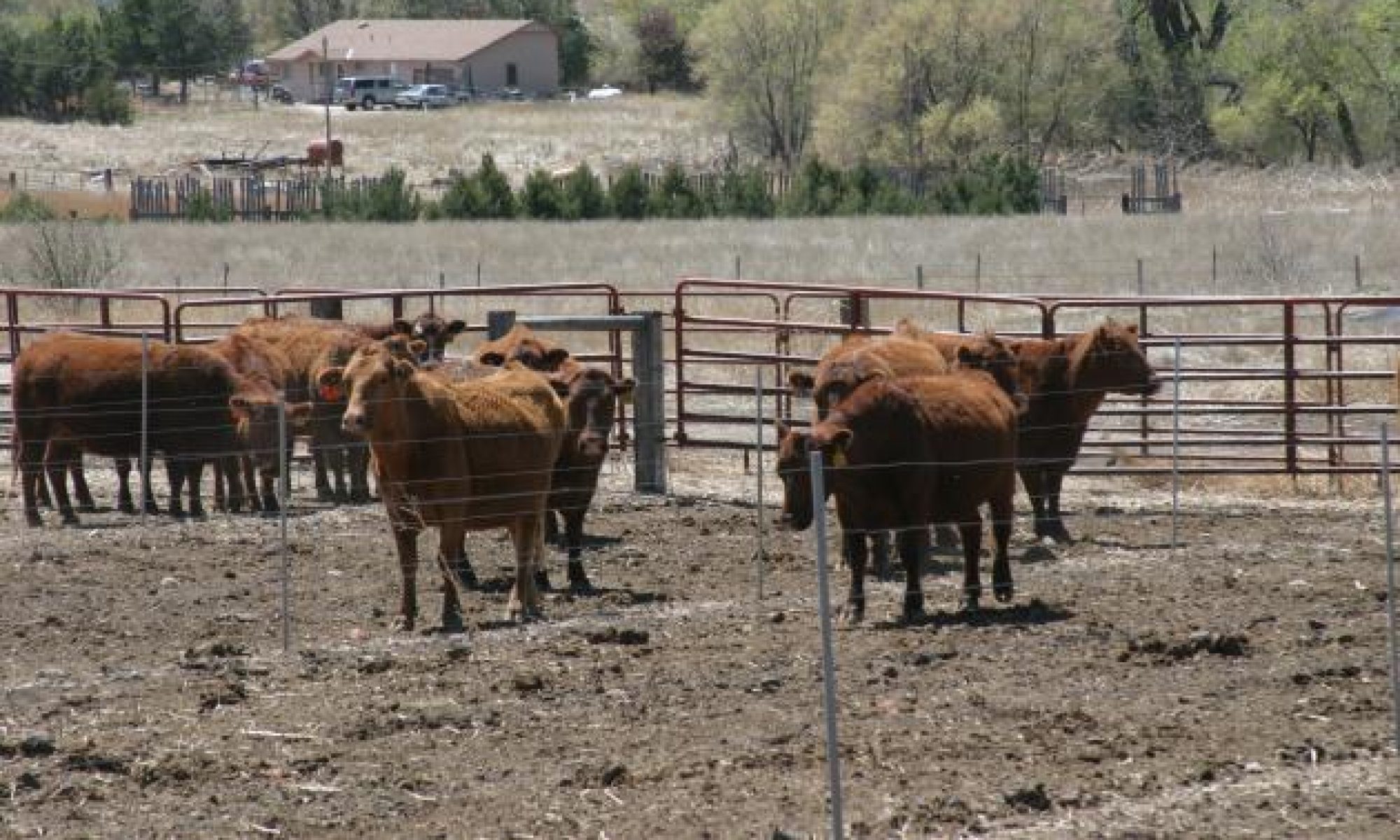Wooden tongue, or woody tongue, is an infection caused by the bacterium, Actinobacillus lignieresii, which lives only in the presence of oxygen. The bacteria invade tissue through breaks in the lining of the mouth. Any rough feed can cause mouth abrasions which allow entry of infection. Rough grasses, twigs, or stalks may initiate the disease. Wooden tongue occurs almost entirely in soft tissue with the tongue and lymph nodes of the head most often affected. The disease starts suddenly with the tongue becoming hard, swollen, and painful. Affected animals drool saliva and may appear to be chewing gently. The tongue often protrudes between the lips, and nodules and ulcers may be observed on the tongue. The animals are unable to eat or drink and rapidly lose condition. The disease is progressive and often fatal unless treated. It is important to begin treatment immediately as early treatment is usually successful, but advanced cases may fail to respond. Advanced cases may require surgical drainage and irrigation. Treated animals should be observed regularly, as relapses can occur. Transmission to other cattle may occur if discharges from wounds contaminate pasture. Isolate animals with discharging lesions in order to prevent the contamination of feed with the discharges.
